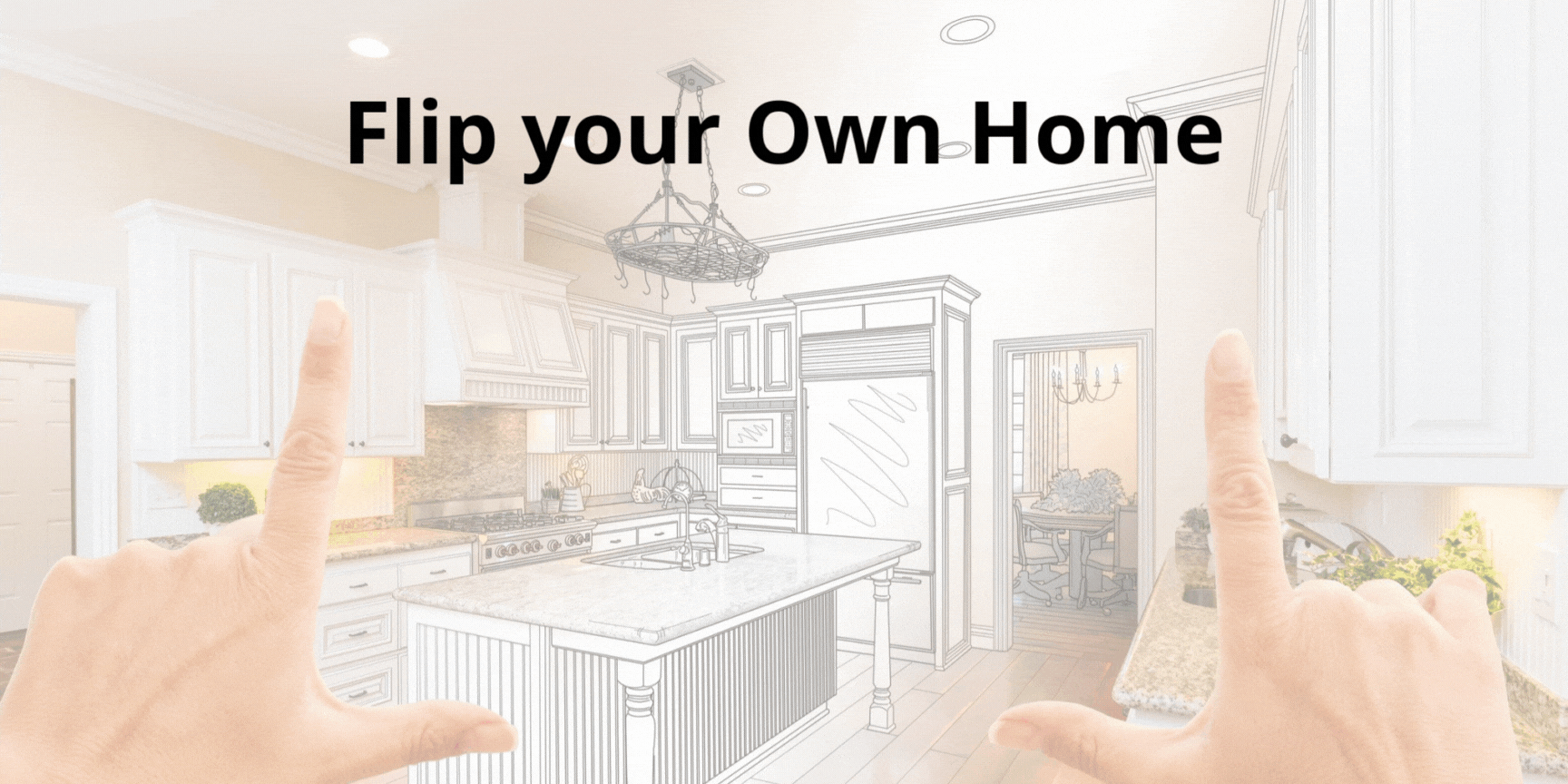Earlier last week, we got an offer on a home I have co-listed over in Campbell. This being the kind of market that it is, it was no surprise that the offer was a bit low. Well, I shouldn’t say a bit low – it was really pretty low. When my clients ask me, “Is this too low to offer?” I always counsel them that, generally speaking, if you offer at least 90% of asking price, you will get a counter offer and you’ll at least begin negotiating. Anything less than 90% of asking price and it’s more likely than not that a seller will not respond to your offer – unless, of course, the seller is highly motivated.
The offer that we received on our listing in Campbell was only about 88.5% asking price. However, the property had been on the market for about two and a half months, and this was our first offer. And, who knows – it could be that the buyers were just fishing. As it happens, though, our seller does want to sell the house, but the home is owned free and clear with a low property tax base, so she’s not losing a great deal of money per month.
I had just run the numbers the day before, looking at October sales for single-family homes in Campbell and also Willow Glen (just across the street in San Jose). I had recently transmitted that information to the seller and to my co-listing agent, so we all knew the state of the market – and it was clear that at the offered price, the buyer was going to be coming out way ahead on the deal. So, we came back with a pretty decent first counter-offer, meeting them almost half way between asking price and their offer price. It wasn’t long before they countered our counter-offer – offering just $5,000 more than their original offer.
It became clear just then that the buyers really were bottom-feeders. Not that there’s anything wrong with that – I’m all for bottom-feeding. Buying a house in this area is a big investment – and it’s best to buy as low as possible, especially in a market that may be heading for a decline. But for best results when bottom-feeding, it’s best to look for a property with a highly motivated seller. My client, the seller, does truly want to sell this property, but at the moment, she does not have a burning need to do so. It serves her much better to pass up low-ball offers at this point, and wait for an offer that better reflects the property’s true value.
I was counseled by some of my colleagues to keep working on this offer with my client, but I did just the opposite. Together with my co-listing agent, we advised my client not to make another counter-offer. We were just too far apart on price. The buyers were clearly looking to get a great bargain, and my seller is clearly looking to sell the home for full value (or close to it). So, I called up the agent who made the offer and gave him the news: thanks, but no thanks. He wished me the best of luck with the listing – what remained unspoken was, “Maybe this is the best offer you’re going to get.” Maybe so – I’ve said or implied the same thing to the listing agent when making low-ball offers many times. And, many times, the property did sell a few weeks later – never for full asking price, but closer to it than I’d been offering. I think that in order to provide the best service to my clients, it’s important to know when to say “Yes” – but it’s equally as important to know when to just say No.




